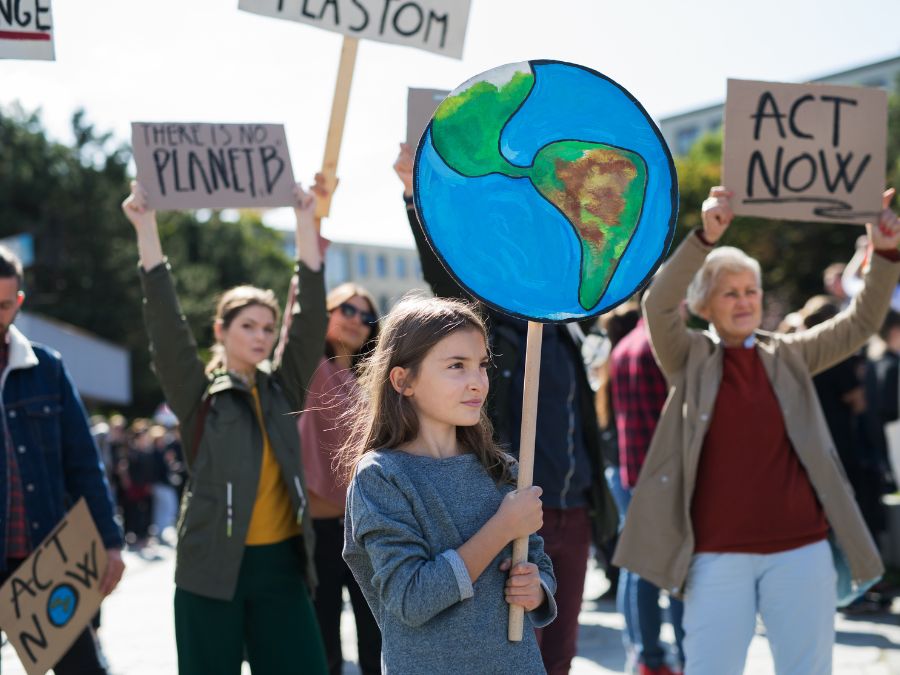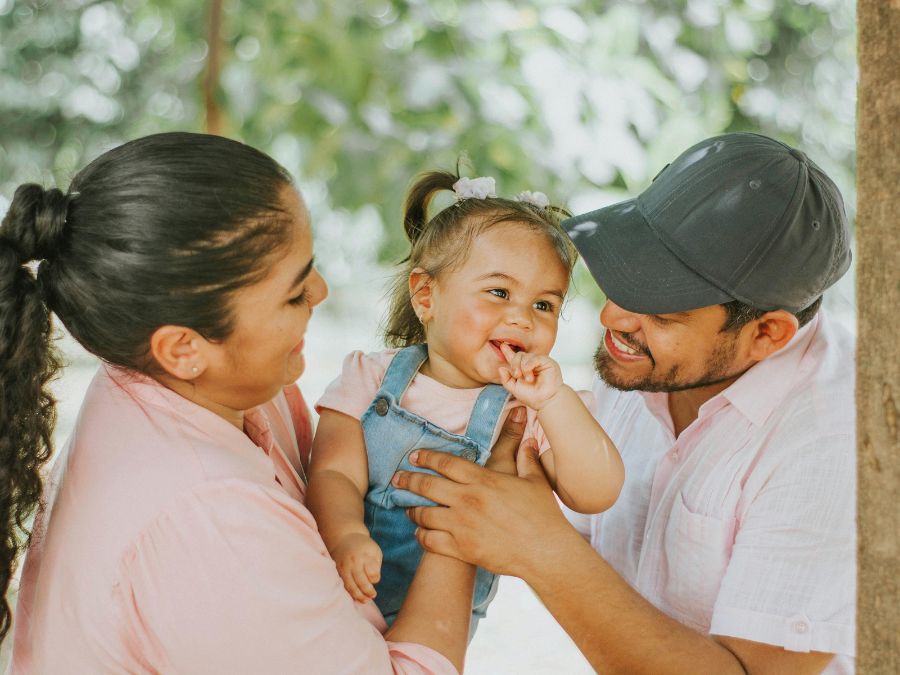
Youth advocacy creates a sense of purpose and mattering
Opportunities for social and community engagement, one of the Four Building Blocks of HOPE, or key types of positive childhood experiences (PCEs), allow children and youth to develop a sense of connectedness, purpose, and mattering. A great way for children and youth to experience this Building Block of Engagement is through advocacy. By working together as a group to create action, they learn that their voices matter and that they can make a difference in their community.
Youth engagement creates major policy decision on climate change
In 2020, a group of 16 children and youths, ranging from the age of 5 to 22, filed a lawsuit against the Montana state government for violating their state’s constitutional right to a clean and healthy environment. During the hearing in June 2023, they showed the connection between the rise of carbon dioxide, a greenhouse gas, and increasingly harmful environments such as higher temperatures and more wildfires.
Judge Kathy Seeley in the First Judicial District Court of Montana ruled entirely in their favor determining that the government’s policy of permitting fossil fuel development without evaluating climate change is unconstitutional. This policy change marks one of the strongest decisions on climate change ever issued by the courts, and youth lead this change.
In recent years, more youth-led lawsuits were filed for climate-related impacts. A group of children in Oregon sued the federal government, youth in Hawaii sued the Hawaii Department of Transportation, and another group sued the Environmental Protection Agency (EPA). While these lawsuits ultimately were dismissed, their powerful statements demonstrate the collective voice of the American youth who are taking action for a healthier and safer future.
Creating a better future through community engagement
Youth who advocate for their health and future learn that their voice carries value and importance in their communities. Engaging with their communities gives them a sense of mattering and belonging and, through lessons learned from these positive experiences, helps them grow into strong and resilient adults. In return, communities gain new perspectives and new information from their younger generations. Together, youth and their community can work to create a better future for everyone.
Ways to encourage youth engagement
- Encourage youth in the classroom to speak up if something is on their mind.
- Create a youth advisory board that works with your local community group or organization.
- Create deliberate ways for youth to give feedback such as an anonymous comment box at school and designated speaking time during community meetings.
The Four Building Blocks of HOPE
When youth engage in advocacy efforts, they practice all the Four Building Blocks of HOPE:

Relationships
Engagement in advocacy efforts helps youth build many different types of relationships. Youth meet like-minded peers with shared passions and values. They can also build relationships with adult community members and elected officials throughout the process. Research shows that children who had at least two non-caregiver adults who took a genuine interest in them showed better health outcomes later as adults. These relationships help youth feel less alone in their beliefs and values and gain new adult mentors who can help them grow.
Environment
Advocating for something as impactful as a political issue helps youth learn how to advocate for themselves in their everyday lives. This skill helps them advocate for safer local environments that honor their needs. Local political advocacy can include promoting green initiatives in local parks and neighborhoods and promoting better gun control for school safety. Everyday advocacy can look like friends standing up to a bully to create a safe and stable school environment.
Engagement
Advocacy allows youth to understand that their voice matters and can be a powerful superpower to create community change. Through advocacy efforts, youth learn to engage with policymakers and community members to find solutions for a better future. Through these experiences, youth feel they are a part of something bigger than themselves.
Emotional Growth
Political advocacy helps youth emotionally grow as they learn how to work through challenging situations. By using their voice, they learn how to stay determined even when faced with adversity or disappointments, such as dismissed lawsuits. Through self-importance and self-love, they understand what they deserve and how they deserve to be treated.
Take action
- Look into your state laws, if your state has a provision called the “Green Amendment” youth in your state would be able to take similar action.
- Call your state and federal elected officials and pressure them to create stricter rules on considering fossil fuel emissions and its impact to climate change.
- Youth Activist Toolkit by Advocates for Youth


